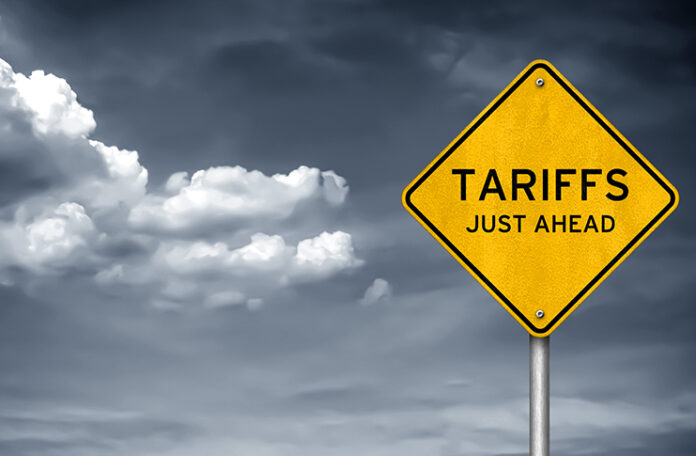
The Trump administration’s increasing focus and investigations on digital services taxes are paving the path for the next trade battle. Without surprise, the administration is launching retaliatory tariffs to try to change the course.
Over the past two years, countries have taken or are considering implementing a digital service tax. The international dispute over digital service taxes comes after the U.S. and a group of nations failed to agree on the best way to tax revenue from digital companies. The taxation scheme has shifted from focusing on a company’s profit and where it is based to a company’s revenue and where users of online services are located. Countries with digital services taxes argue that companies that sell online avoid paying taxes in countries where they have significant sales. This means of taxation is also attractive to countries that are looking for fast ways to collect revenue, particularly as they are getting hit financially by the COVID-19 pandemic.
The U.S. has strongly opposed other countries’ digital service taxes because it finds that they unfairly discriminate against American firms like Facebook, Google, and Amazon. The U.S. took its first retaliatory action against France because the majority of the 30 companies impacted by France’s 3 percent tax are American. USTR concluded that France’s tax was unreasonable and discriminatory and a burden on the U.S. commerce, and on July 10, 2020, the administration announced a 25 percent tariff on $1.3 billion worth of French handbags, cosmetics and soaps. Champagne and cheese lovers can breathe a sigh of relief because USTR left them off the list. The tariffs do not take effect until January 2021, in an attempt to give the two countries time to resolve their dispute over the digital tax.
The administration’s actions were applauded by the lead policymakers on trade issues. “Retaliatory tariffs aren’t ideal but the French government’s refusal to back down from its unilateral imposition of unfair and punitive taxes on U.S. companies leaves our government with no choice,” Senate Finance Committee Chairman Chuck Grassley (R-IA), and Ranking Member Sen. Ron Wyden (D-OR), said in a statement.
The U.S. also recently launched investigations over Austria, Brazil, the Czech Republic, the European Union, India, Indonesia, Italy, Spain, Turkey, and the United Kingdom. Each of these countries either already has a digital service tax or is proposing one. For example, the European Commission is considering a digital service tax as part of the financing package for its proposed COVID–19 recovery plan. Turkey already adopted a 7.5 percent digital service tax to revenues from certain companies in targeted advertising, social media and digital interface services.
USTR’s new investigations on digital service taxes and its retaliatory tariffs over French goods signals that this is just the beginning for the Trump administration on digital service taxes. USTR is accepting public comments on the investigations through July 15, 2020. Stay tuned as we will likely be seeing proposed tariffs on products from each of these countries.





